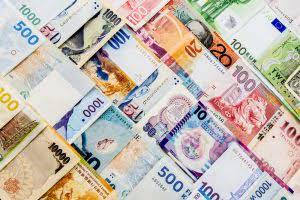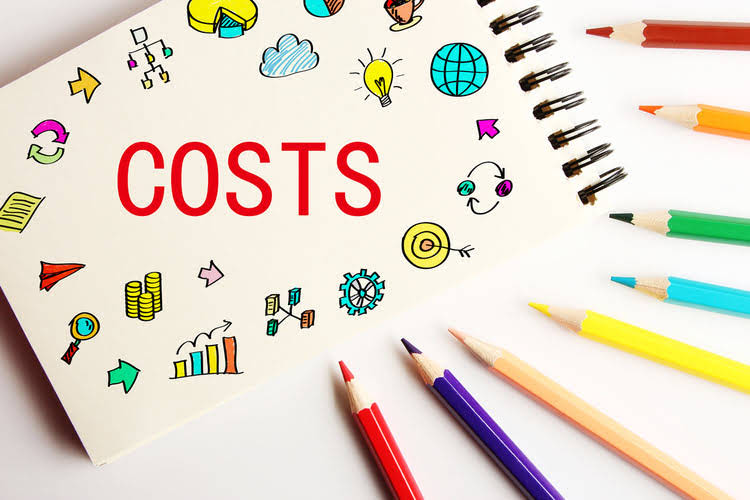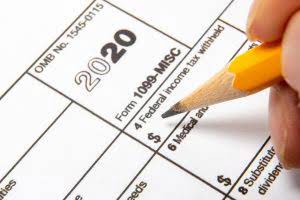Retail vs Wholesale Bookkeeping: Key Differences

This model is for businesses who want to reduce cost and selling wholesale products in large quantities. Each model has its dynamics and advantages that can impact your business strategy and operations. Knowing the difference between wholesale and retail is key to your business strategy and targeting the right market. The choice between these models affects everything from pricing strategies and transaction volumes to storage needs and customer relationships. When you buy stock from a retailer, you spend more on that item than if you accounting for distribution companies had bought it directly from a wholesaler. In order to price your product competitively, your profit margin will be lower if you buy from a retailer.
Can a business operate as both a wholesaler and retailer?

Retail prices include a markup to cover expenses like rent, labor, and profit. Retailers typically base their prices on a combination of Accounting for Marketing Agencies factors, including wholesale cost, competitor pricing, and perceived value. The goal is to find a price that maximizes profit while remaining attractive to customers. While wholesalers don’t deal directly with end consumers, they still need to provide excellent service to their business clients.

Pricing

Physical retail businesses or brick-and-mortar stores offer direct customer experience and influence customer behaviour. These stores allow customers to touch and try products before buying, a physical experience that online stores can’t replicate. Wholesalers sell at lower prices to encourage bulk buying, focused on volume sales to make a profit.

Level of Customer Interaction
- In addition, wholesalers need to strategically plan their inventory levels to ensure that they can meet demand.
- It’s always important to find a balance between the products that customers are looking for and those that are unique enough to make your business stand out.
- It is important to understand the key differences between wholesale and retail pricing for the business in both spaces.
- A vendor-business relationship is a professional partnership between a company and its vendors, built on the exchange of goods or services.
- Selling things in bulk makes moving products easier and means storing them for less time.
- And, retailers may make changes to the wholesale items they purchase to resell at a higher cost (e.g., branding a plain T-shirt from a wholesaler).
This model allows wholesalers to manage high-value deals but retained earnings losing a big client can be very challenging because of the impact on revenue. Wholesale price is the price charged for a product sold wholesale to large trade groups or distributors instead of the price charged to consumers. The wholesale price is the sum of the cost price of a given product and the manufacturer’s profit margin.

Get visibility over your sales and stock
Similarly, a tech company might buy microchips from a supplier while sourcing accessories like keyboards and headphones from vendors. Businesses that manage supplier and vendor relationships effectively can reduce procurement costs while improving inventory efficiency and supply chain resilience. Vendors are ideal for businesses that need immediate access to ready-to-sell products without managing large inventories.
- A food vendor, such as a local bakery, buys smaller quantities and sells individual products to customers at a higher price.
- Inventory management is another key difference between a wholesaler and a retailer.
- The wholesale model focuses on larger transactions with established buyers rather than numerous small sales.
- However, we can give you some things to consider when deciding between wholesale vs retail.
- Through my team’s extensive experience in the industry, we aim to bring clarity to the complexities of WMS, helping businesses make informed decisions.
- Their goal is to build relationships with other businesses and showcase their ability to deliver high-quality products in bulk.
Some businesses require raw materials and bulk supplies for manufacturing, while others need ready-to-sell products to stock their shelves or fulfill customer orders. Before you can make a decision between one or the other, you need to understand what each entails. In simple terms, retail means that you, the product manufacturer or producer, sell your product directly to the consumer. Selling wholesale means you typically sell your product in bulk quantities to a “middle man” who in turn sells it to the consumer (i.e. other retailers).
- They often sell their products at a cheaper per product rate than end users pay for the same product.
- Wholesale involves selling goods in bulk quantities at a lower price to retailers, businesses, or other wholesalers.
- Carefully weigh the pros and cons before deciding which type of business you will operate.
- The wholesale business model requires a lot of warehouse space to store large quantities of goods, functionality and safety in their storage facilities.
- They reject the defective or inferior quality products and pick the best one.
- Integrate omnichannel capabilities to provide a seamless shopping experience across various platforms, allowing customers to interact with your brand both online and offline.
Business Scalability
- It’s not a cut-and-dry decision, so it’s important to know what you’re getting yourself into before you invest time, money, and effort in the wrong approach.
- For instance, a vendor buys bamboo toothbrushes for three dollars each and delivers them for eight dollars, including expenses and making revenue.
- This makes warehouse space a key consideration for wholesalers to ensure they have enough room for bulk inventory.
- Another incredible benefit of a wholesale business is the higher demand for your goods in the market amongst the retail competitors, which gives you.
- On the other hand, vendors buy smaller quantities and focus on reselling at a higher margin.
Therefore, transform a simple product (perhaps a bag of coffee) into a product served to customers and therefore with a very high gross markup. Wholesalers do not interact with the end-user on a regular basis because the goods sold by wholesalers are sent directly to the retailer. This means that the only consumer a wholesaler typically interacts with is the retailer. Retailers tend to have more control over their products regarding how it’s sold, when it’s sold, how much it are sold for and where it’s sold. Retailers also have the opportunity to directly interact with consumers to gain feedback and insight into how the product is performing and being received by customers. Now that you have understood the benefits of a wholesale business and retail business let’s get to the most awaited section of this article, retail vs wholesale.
What is the difference between wholesale and retail prices?
Understand what a lot number is, how to interpret it, and its importance in inventory management. Enhance tracking, quality control, and stock management with lot codes. With a strong emphasis on logistics solutions and efficient warehouse management, we enhance the overall supply chain agility of our clients. Wholesale offers several compelling advantages, making it an attractive business model for companies that aim to operate at scale and achieve high sales volumes. Retailers, meanwhile, often focus on omnichannel fulfilment, integrating online and offline sales channels to provide a seamless shopping experience for customers. Today, there are plenty of digital innovations designed specifically to meet the needs of retail and wholesale business.
